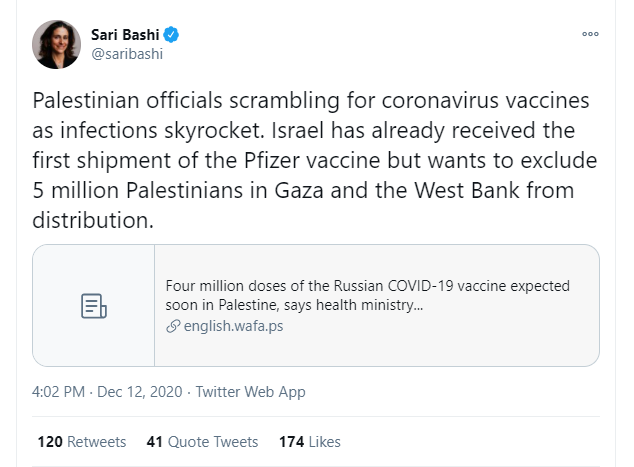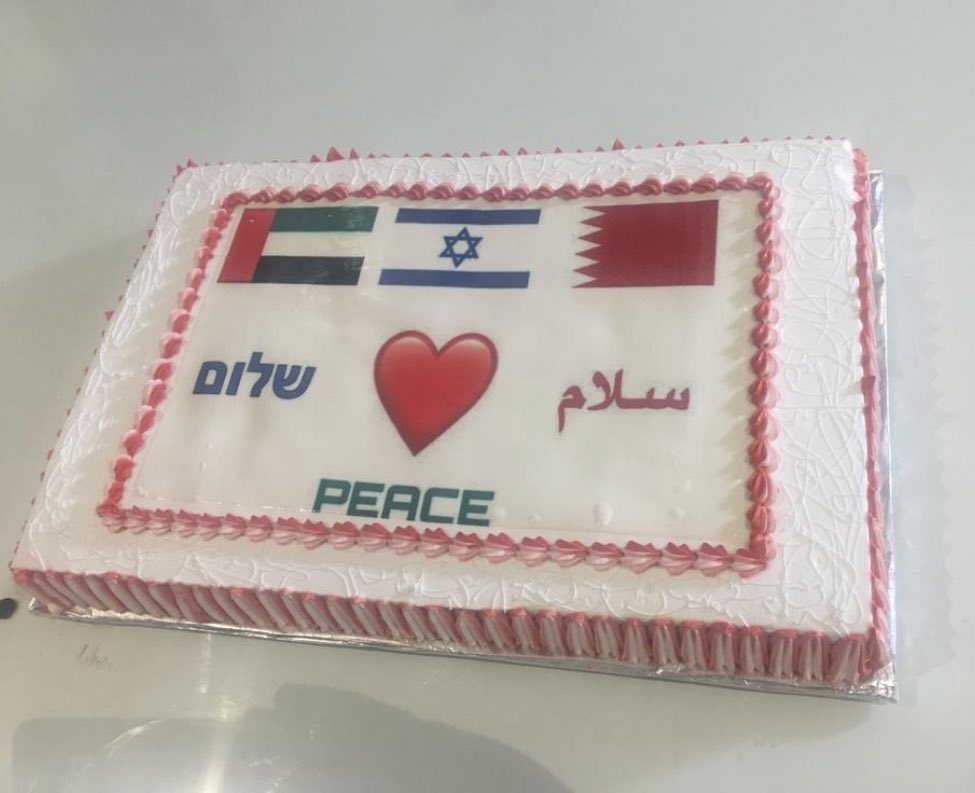How the GCC summit could reshape the Middle East
In the coming days, this region looks forward to another important event: the Gulf Cooperation Council Summit, a GCC leaders summit that annually sheds light on the most important issues of the hour.Israel’s President Praises Bahrain’s King Hamad for Making Peace With Israel
The summit will wrap up December’s main achievement, the International Institute for Strategic Studies (IISS) Manama Dialogue that concluded on December 6, with the Abraham Accords getting the lion’s share of attention and participants being loud and clear about where they stand regarding threats from Iran, its nuclear program, the significance of unified international efforts to fight extremism, and how the Abraham Accords have changed the face of the Middle East.
Statements from politicians, officials, and security specialists all had one issue of common concern: Without international coordination and cooperation, the world will only be allowing extremist regimes to continue being destructive members in the international community.
If we actively investigate the most important statements made, we will clearly see that Israel has become a stronger team player in Middle East politics following the historic agreements signed with Bahrain, the United Arab Emirates, Sudan, and now Morocco. Perhaps Israeli Foreign Minister Gabi Ashkenazi’s statement regarding the negotiations with Palestinian leaders was a pivotal point in this event that needs to be further analyzed. Ashkenazi’s statement was both clear and came forward as very genuine as he emphasized: “We were born in the region. We know the challenges and it’s a question of leadership.”
Ashkenazi also was more open about directly pointing fingers at Turkey’s aggressiveness in the Eastern Mediterranean, hoping that Erdoğan’s foreign policies toward countries in the Middle East will change as he hosts Hamas’ headquarters, providing them state assistance that has over the years enabled Hamas members to move around more easily with passports provided by Turkey. This was an important clarification of where Israel stands when it comes to its relations with Turkey and its strong stance toward unacceptable Turkish foreign policies.
Israeli President Reuven Rivlin on Monday praised Bahrain’s King Hamad bin Isa Al Khalifa for his “brave and historic decision to establish a warm peace with Israel.”Trump deserves the Nobel prize for his work to forge peace in the Middle East
In a phone conversation with Al Khalifa ahead of Bahrain’s National Day, which falls on Dec. 16, Rivlin said the recent signing of the Abraham Accords was “already a model for other countries in our region,” according to a statement from his office.
“We have chosen to invest from the very beginning in cooperation in the fields of economy, innovation and health,” he said. “I am full of hope that the Palestinians will also take steps to build mutual trust, cooperation and peace.”
Earlier on Monday, Rivlin welcomed a delegation of opinion leaders and activists from Israel, Bahrain and the United Arab Emirates at the President’s Residence in Jerusalem, greeting them both in Arabic and in Hebrew.
“Peace is made between peoples and nations,” he told the delegation, led by Amit Deri of the Sharaka Project. “Your visit here is another step in the path of building warm relations between our countries.”
The Sharaka (Arabic for “cooperation”) Project “aims to lead social initiatives that bring Israel’s voice to strengthen familiarity with the State of Israel in the Arab world, and create cooperation between young people in Israel and Arab states.”
One member of the delegation, Majid Al Sarrah from the University of Dubai, said “to visit Israel for the first time as part of a delegation is a historic moment. Israel is a prime example of tolerance in the region. This is a new era of peace and stability between peoples.”
By rights, US President Donald Trump’s groundbreaking peace initiative in Israeli-Arab relations should make him a shoe-in for the Nobel Peace Prize. There is, after all, a long list of previous recipients of the award whose recognition stems from their own contribution to improving relations between Arabs and Jews. Former US President Jimmy Carter won the award for his role in the 1970s Camp David negotiations that resulted in the peace treaty between Israel and Egypt. More recently we have seen Yasser Arafat, the reformed Palestinian terrorist, and former Israeli prime ministers Yitzhak Rabin and Shimon Peres, appointed Laureates for their contribution to the 1993 Oslo Accords, even though Mr Arafat’s subsequent refusal to sign up to Bill Clinton’s Camp David agreement in 2000 consigned the region to another two decades of conflict.
And, so pronounced is the liberal bias that informs the committee’s outlook, that former President Barack Obama received the award in 2009 simply for being elected to office.
Thus, if there were any degree of consistency in the Nobel committee’s deliberations, Mr Trump – who has done more than any other president in recent history to further the cause of peace in the Middle East – would be a worthy contender for the prize.
Last week Morocco became the latest Middle Eastern country to sign up to the Abraham Accords, the Trump administration’s peace initiative that has made a significant contribution to breaking the stalemate in Israeli-Arab relations.
The bold initiative, the result of years of painstaking diplomacy by Jared Kushner, Mr Trump’s son-in-law, has already resulted in a major thawing in relations between Israel and the Gulf states, with Bahrain and the United Arab Emirates agreeing to establish diplomatic ties, and several other Gulf governments – including Saudi Arabia – said to be giving serious consideration to following suit.







































